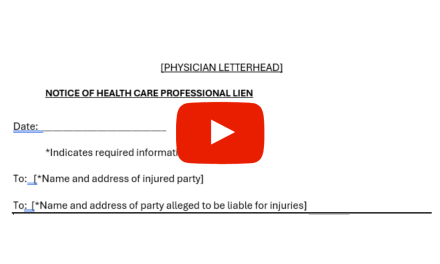
Victims’ Economic Security and Safety Act (VESSA)

The State of Illinois has a law that requires employers to provide unpaid work leave to employees who are victims of domestic or sexual violence, or who have family members who are victims. This law is known as the Victims’ Economic Security and Safety Act (VESSA). When the law was originally written, it only applied to employers that had more than 15 employees. In 2017, the definition of employee was modified to include an employer with at least one employee. Therefore, VESSA now applies to all ICS members.
Key Definitions
Employer:
“Employer” is defined as any of the following: (A) the State or a State agency; (B) any unit of local government or school district; or (C) any person that employs at least one employee.
Employee:
“Employee” is defined as anyone who works on a full-time or part-time basis or as a participant in a work assignment as part of federal or State public assistance. The only exception under the definition of employee is for an independent contractor. To qualify for the independent contractor exemption, the employee must fall within the guidelines outlined in the Department of Labor rules for the VESSA law.
Leave Requirement
The law allows an employee who is a victim of domestic or sexual violence or has a household member who is a victim of domestic or sexual violence to take an unpaid leave if the employee or employee’s family is seeking to address the violence in one of the following ways:
Seeking medical attention;
Obtaining services from a victim services organization;
Obtaining psychological or other counseling;
Participating in Safety Planning, temporarily or permanently relocating or taking other actions to
increase his/her safety; or
Seeking legal assistance or remedies to ensure his/her health and safety.
Amount of Leave Provided
The amount of unpaid leave required for the employee depends on the number of employees for the employer. The chart is as follows:
# of Employees Amount of Leave in a 12-Month Period
1-14 employees 4 workweeks
15-49 employees 8 workweeks
50 + employees 12 workweeks
Notice
The law requires an employee to notify an employer with at least 48 hours’ notice when practical, of his/her intention to take leave.
Certification Requirements
The employer can require an employee to provide certification that the employee or his/her family member has been a victim of domestic or sexual violence. The employee is required to provide the requested documentation within a reasonable timeframe. Documentation can include a police or court record; documentation from an employee or agent of a victim services organization, an attorney, a member of the clergy, or a medical professional; or other corroborating evidence.
Confidentiality and Recordkeeping Requirements
The law requires that all employee records related to the leave absence be kept in the strictest confidence. Records can be provided if request or consent is provided by the employee or other federal or state laws apply. Records to be kept by employers must include the following:
Identifying employee information and compensation information;
Dates used by the employee for leave provided under the Act;
Any copies of employees’ requests in writing for leave under the Act ;
Copy of any written notices provided to employees regarding the Act;
Employer policies regarding the use of paid and unpaid leave;
Accurate employee time off records;
Records of disputes between employers and employees; and
Records regarding general personnel records, such as employee qualifications and contracts.
Any records that contain certifications or medical histories of employees or their family members shall be maintained in accordance with all State and federal laws. All records under this law must be maintained by the employer for a minimum of 3 years.
Prohibitions
VESSA strictly prohibits an employer from discriminating against employees who exercise their rights under the Act. This includes, without limitation: compensation; terms, conditions or privileges of employment; and retaliation against the employee. Employers are also prohibited from discriminating against potential employees in the hiring process who are either victims or perceived victims of domestic or sexual violence.
Workplace Accommodations
VESSA allows for employees to request reasonable accommodations. This can include transfers; reassignments; lock installations; different telephone numbers or adjustments to job structures.
An employer is prohibited from discriminating against an employee who requests reasonable accommodations. The Act does outline potential factors that would create an undue hardship on the employer to honor the accommodation. Examples include the nature and the cost of the accommodation, financial resources of the employer and the type of business. However, employers must truly be able to demonstrate that a hardship would be created. Therefore, the ICS recommends reasonable accommodations should be made unless there is truly an undue hardship on the employer.
Employee Complaints
Employees who believe their rights have been violated under this Act have up to 3 years to file a complaint with the Illinois Department of Labor.
Posting Notice
An employer is required to post a notice summarizing the employees’ rights under this Act where other notices to employees are posted. All employer required postings can be found in the ICS Article “Required Posters and Information.”


















